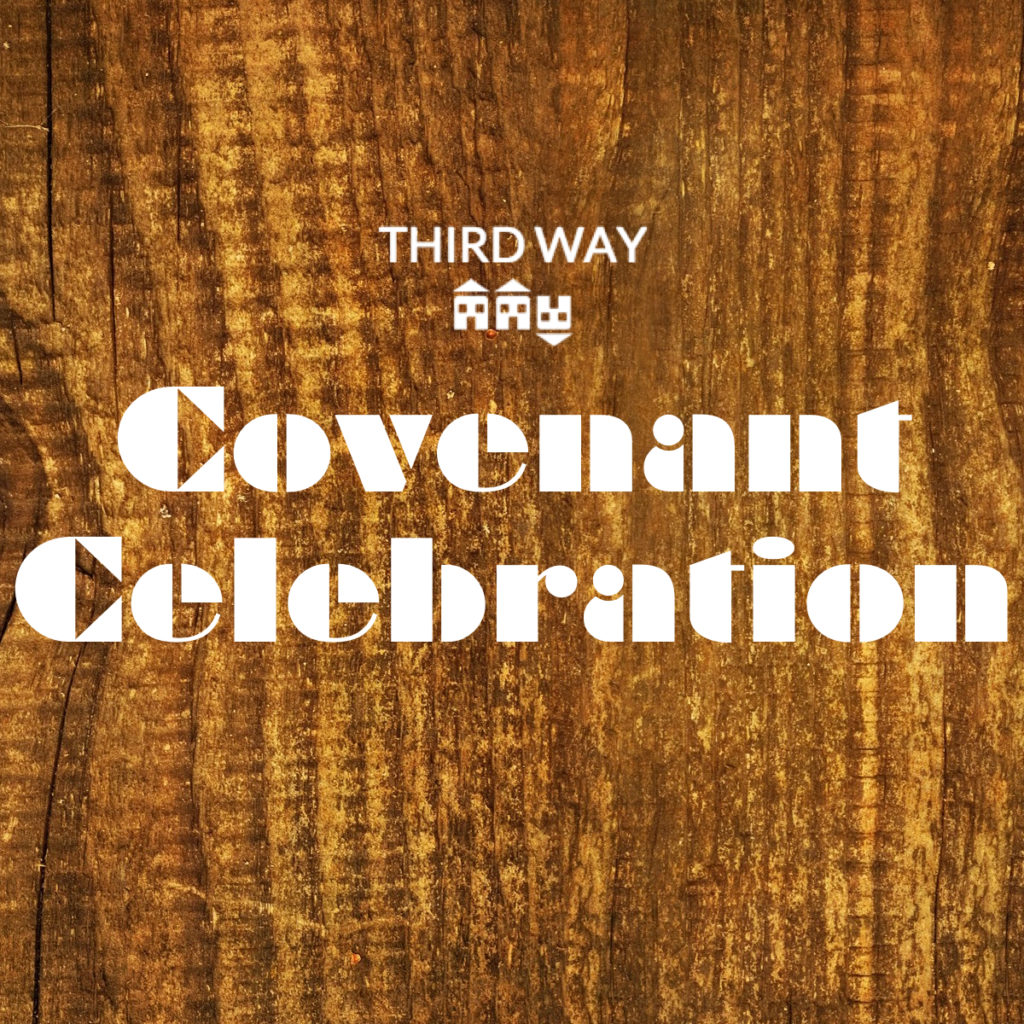The Bahá’í teachings encompass profound insights regarding unity, diversity, and the interconnectedness of humankind. One of the pivotal events that embody these principles is the Day of the Covenant, celebrated annually on the 2nd of the month of Qawl in the Bahá’í calendar. This day marks both the Covenant established by Bahá’u’lláh, the founder of the Bahá’í Faith, and the subsequent unfoldment of His teachings through Abdu’l-Bahá, His son and appointed successor. What does this day signify for Bahá’ís and how does it challenge us to contemplate our roles in fostering global unity? Let us delve into the meaning of this vital observance.
Understanding the Covenant
The term “Covenant” refers to a solemn agreement that binds individuals to a higher purpose. In the Bahá’í context, it denotes the explicit relationship between God, His prophets, and humanity. The Covenant established by Bahá’u’lláh serves as a bridge connecting divine intention with human action. This concept not only underscores accountability but also promotes a sense of belonging among followers. The Day of the Covenant thus represents an opportunity to reflect on this sacred bond, emphasizing the imperative of unity rather than separation.
The Historical Context
The Day of the Covenant finds its roots in a significant event in Bahá’í history. Following Bahá’u’lláh’s passing in 1892, the potential for schism loomed, as various factions emerged, each claiming allegiance to different interpretations of His teachings. Abdu’l-Bahá, however, emerged as a beacon of unity. He elucidated the necessity of adhering to the Covenant by emphasizing that faith must not only be an individual pursuit but also a collective endeavor.
On the Day of the Covenant, followers come together to commemorate the profound impact of Abdu’l-Bahá’s leadership and teachings. The celebrations are not merely ceremonial; they serve as a clarion call for Bahá’ís to reaffirm their commitment to unity and support one another in their spiritual journeys.
Unpacking the Themes of Unity
At its core, the Day of the Covenant is a celebration of unity—not just among Bahá’ís, but among all peoples. The Bahá’í teachings assert that humanity is a single entity. The challenge that arises from this perspective lies in recognizing the deeply ingrained divisions fueled by prejudice, nationalism, and sectarianism. How can followers of the Bahá’í Faith embody true unity in such a fragmented world?
One approach is to cultivate understanding through dialogue. Engaging with diverse perspectives fosters empathy and dismantles barriers. The observance of the Day of the Covenant encourages Bahá’ís to initiate conversations not only within their communities but also with those from differing backgrounds. This invitation extends beyond simple tolerance; it beckons individuals to embrace the richness of diversity as a powerful catalyst for collective progress.
The Spiritual Dimensions
The Day of the Covenant is not solely a temporal event; it is deeply spiritual. Engaging in prayer and reflection reinforces the understanding that unity is an inherent quality of the divine. Followers are urged to meditate on their connection to one another and to God, nurturing their souls in the process. This spiritual cultivation complements the practical actions taken towards fostering unity.
Furthermore, the spirit of the Day extends beyond individual practice. Bahá’ís participate in communal prayers, readings, and discussions that prioritize the theme of unity. This collective observance functions as a reminder that spirituality flourishes when shared. The act of gathering fosters a sense of belonging, further entwining individuals within the tapestry of the community.
Challenges in the Pursuit of Unity
Despite the noble aspirations encapsulated by the Day of the Covenant, the challenge of achieving genuine unity persists. External societal pressures, as well as internal conflicts, can obscure the fundamental goal of the Bahá’í Faith. The question arises: how can Bahá’ís effectively navigate these obstacles while fostering a culture rooted in inclusion and understanding? To meet this challenge, it is essential to practice patience and to prioritize constructive dialogue over divisive rhetoric.
Followers are encouraged to engage with the world—to witness the dissonance and find avenues toward healing. This requires an unwavering commitment to uphold the ideals of justice, compassion, and empathy. The Day of the Covenant remains not only a celebration but also a challenge to actively embody and promote these virtues in everyday interactions.
Conclusion: A Collective Responsibility
In essence, the Day of the Covenant transcends mere commemoration; it represents a significant collective responsibility that echoes through time. It serves as a reminder that the teachings of Bahá’u’lláh and Abdu’l-Bahá are not bound by history but call for active engagement in contemporary society. The observance is a testament to the belief that unity is not only possible but essential for the flourishing of humankind.
As Bahá’ís around the globe gather to honor this day, they are invited to reaffirm their commitment to the ideals of unity and the spirit of the Covenant. In doing so, they not only celebrate their heritage but also light the path toward a more harmonious future, inviting others to join in this noble vision. The invitation to engage with one another, to transcend barriers, and to foster understanding remains as relevant today as it was at the inception of the Bahá’í Faith.
